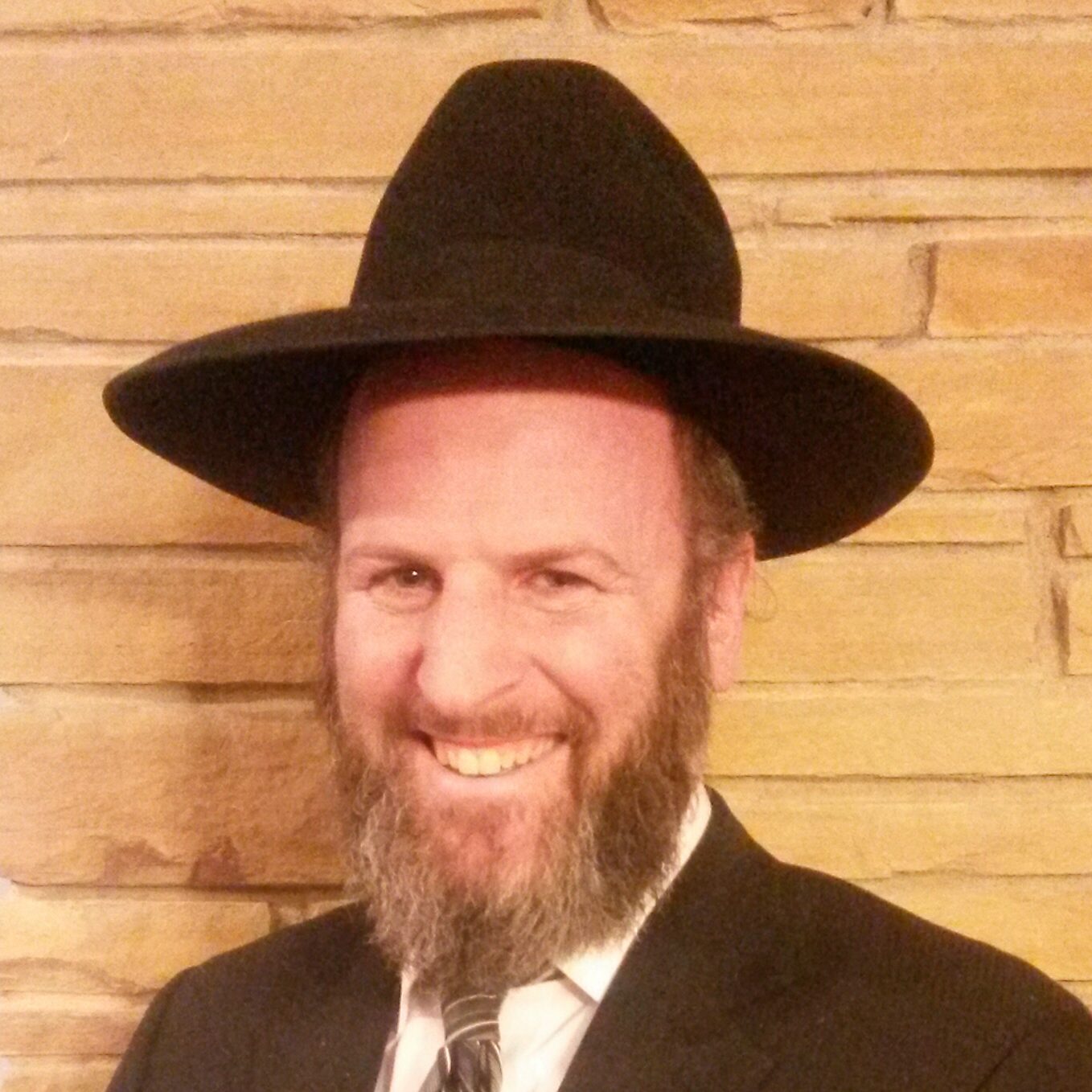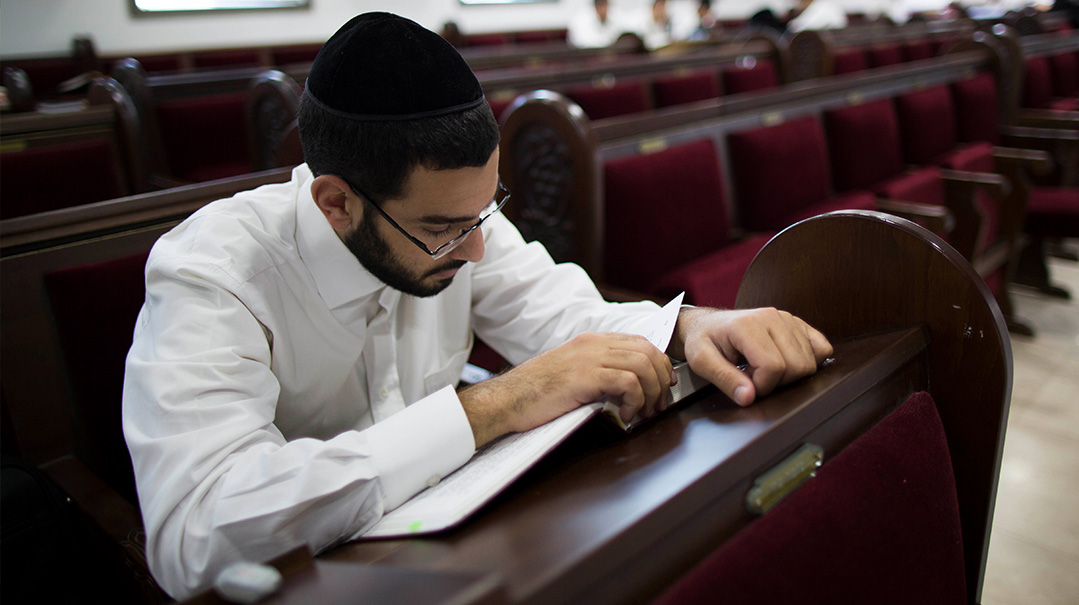Never Complete

In some ways, this week’s issue — Number 1001 — is an even greater cause for celebration

Mazel tov, Mishpacha magazine!
Last week was the celebration of your 1,000th issue — certainly a milestone to be proud of. But in some ways, this week’s issue — Number 1001 — is an even greater cause for celebration.
This is based on an idea that Chazal taught us many years ago. The Gemara in Chagigah (9b) quotes the pasuk in Malachi (3:18), “V’shavtem u’re’isem bein tzaddik l’rasha, bein oved Elokim la’asher lo avado — and you will return and see the difference between a tzaddik and a rasha, between one who serves Hashem and one who does not.”
The Gemara tells us that the “oved Elokim” refers to one who studies his learning 101 times. The reference to “asher lo avado,” on the other hand, alludes to one who reviews only 100 times. It is here that the Gemara presents the famous teaching, “eino domeh shoneh pirko me’ah pe’amim l’shoneh pirko me’ah v’echad — one who reviews his learning 100 times cannot be compared to one who reviews his learning 101 times.”
This gemara is baffling for several reasons. First, how can the pasuk refer to one who studies 100 times as lo avado, “one who does not serve”? Is chazering a sugya 100 times not an incredible accomplishment? Second, we can understand that one who studies 101 times has achieved an even greater feat — but is it really so much greater that the one who learned “only” 100 times cannot be compared to him?
I’ve heard this explained with an idea that is as powerful as it is relevant. The number 100 represents completion. Reaching this level is a noble achievement — but it also comes with a risk. Because the fact is, there’s no such thing as completion. We must always view ourselves as spiritually incomplete — constantly striving to reach greater heights.
When the Gemara mentions “one who learns 100 times,” it refers to someone who reaches that level, then closes his Gemara with a smile of satisfaction on his face. “I’m finished,” he says to himself, “I no longer need to grow.” This person, teaches Chazal, is lo avado, “one who does not serve.” A true eved Hashem can never rest upon his laurels. This is why the lo avado “cannot be compared” to the one who learns 101 times. Because that one additional effort is what signals an attitude of constant growth and rejection of complacency.
I’ll be honest. It’s a nice thought to share for Issue 1001, but it happens to be no more than a coincidence. The real reason I am sharing this idea is due to an experience I had just last week with Dr. Ned Mehlman, a distinguished member of our shul.
Dr. Mehlman is a cardiologist by trade, and, after many years of his lifesaving work, he has officially retired. He now spends much of his time learning and going to shiurim. One day last week, he approached me and shared that he had attended the most recent Agudah convention, where one of the panel discussions focused on the various aspects of chalav Yisrael.
“On the spot,” he told me, “I decided to keep chalav Yisrael.”
I was shocked into silence. Dr. Mehlman is not a young man. For him to take on such a weighty kabbalah after all these years is an astonishing endeavor. But more than that, it’s the very sign of what the Gemara terms an oved Elokim. It is the pure manifestation of one who will never rest upon his laurels — and will always strive to become something greater.
We are living in difficult times. A very common response to tzaros is to undertake kabbalos, and that is certainly a correct thing to do. But let us remember that looking to do more is not an exercise limited to times of peril. It is the essence of our mission in life — it is the telltale sign of a true oved Elokim. —
Rabbi Avrohom Weinrib is the rav of Zichron Eliezer in Cincinnati, rabbinic administrator of Cincinnati Kosher, and assistant executive director of AKO.
(Originally featured in Mishpacha, Issue 1001)
Oops! We could not locate your form.






